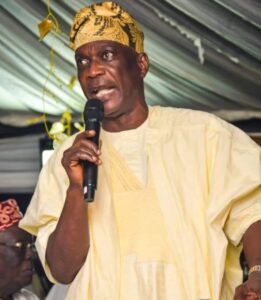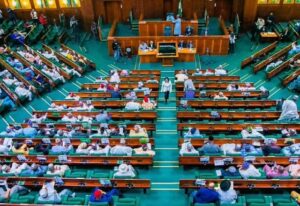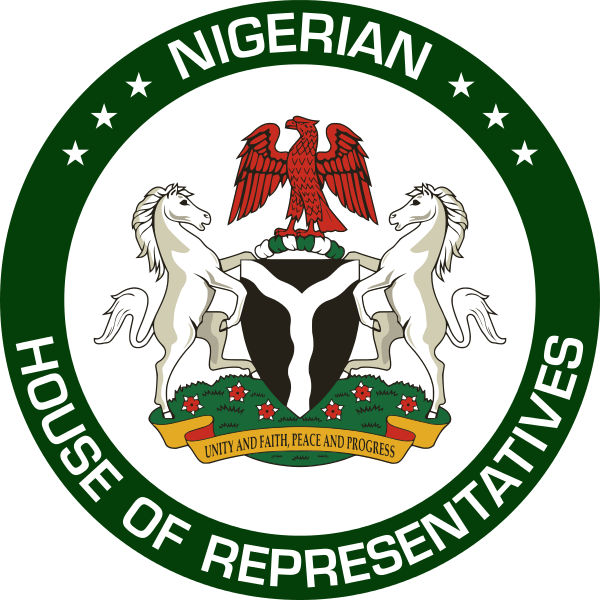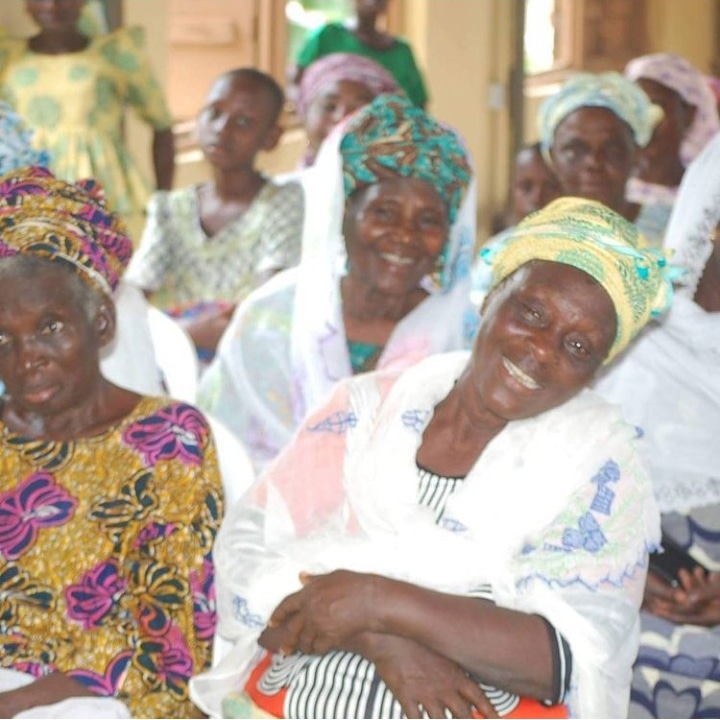Kakalistiq.com reports that Rep. Wale Raji, the distinguished lawmaker representing Epe Federal Constituency and Chairman of the House Committee on Sustainable Development Goals (SDGs), joined forces with 59 other Members of the House of Representatives on Wednesday, February 14th, 2024, to advocate for amendments to the 1999 Constitution, urging a transition from the current presidential system to a parliamentary system of government.
Led by Rep. Wale Raji, the group of lawmakers highlighted the pressing need to reduce the cost of governance and foster robust policy debates as key reasons for endorsing the transition to a parliamentary system.

The lawmakers unveiled their intentions through a bill titled ‘The Bills Proposing Constitutional Alterations for a Transition to a Parliamentary System of Government,’ sponsored by the House Minority Leader, Kingsley Chinda, Rep. Wale Raji, and 58 others. The bill received its first reading on the floor of the House during Wednesday’s plenary session in Abuja.
Remarkably, the lawmakers represent diverse party affiliations, underscoring the widespread support for the bill. They emphasized the importance of implementing the parliamentary system at all levels of government to significantly reduce governance costs and enhance grassroots participation in governance.
Speaking at a press conference held at the National Assembly Complex, the spokesman for the sponsors and member representing Kebbe/Tambuwal Constituency, Sokoto State, Abdulssamad Dasuki, highlighted the historical significance of the parliamentary system and its alignment with the nation’s political ethos.

Dasuki emphasized that the parliamentary governance system of the First Republic promoted accountability and responsiveness, fostering a culture of governance that prioritized the welfare of the people.
Drawing attention to the shortcomings of the current presidential system, Dasuki cited its high cost of governance and the excessive powers vested in the executive branch, hindering the nation’s development trajectory.
The bills presented, Dasuki emphasized, aim to revive the accountable, responsible, and responsive governance model adopted by Nigeria’s founders, ultimately leading to a more efficient and cost-effective governance structure.
Rep. Wale Raji’s leadership in this endeavor underscores his commitment to advancing progressive reforms that align with the aspirations of the Nigerian people, marking a pivotal moment in Nigeria’s democratic journey.




